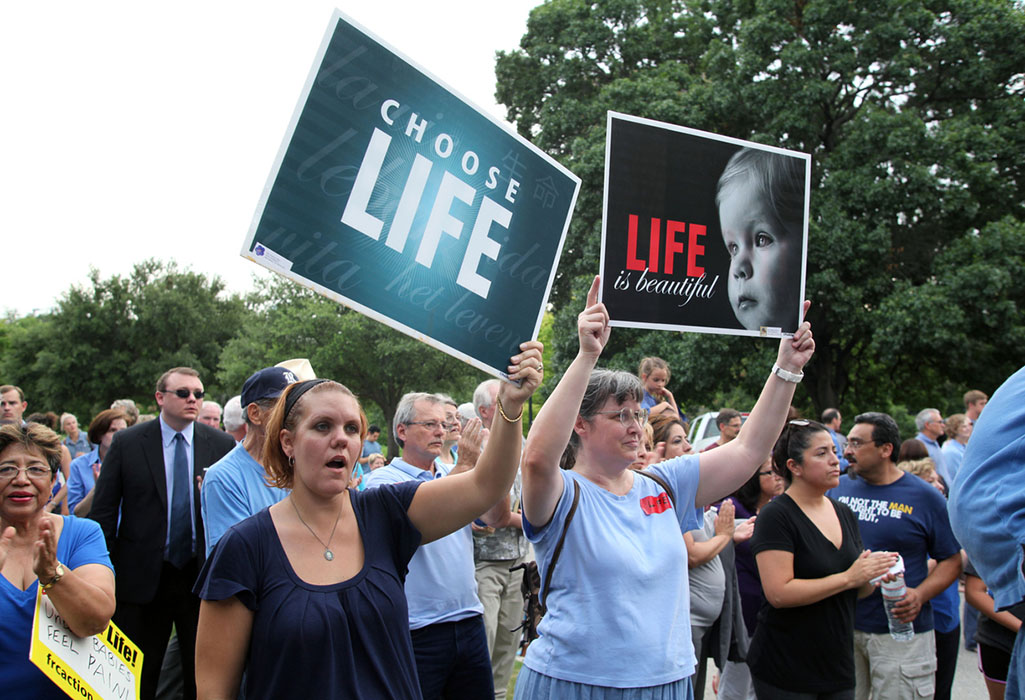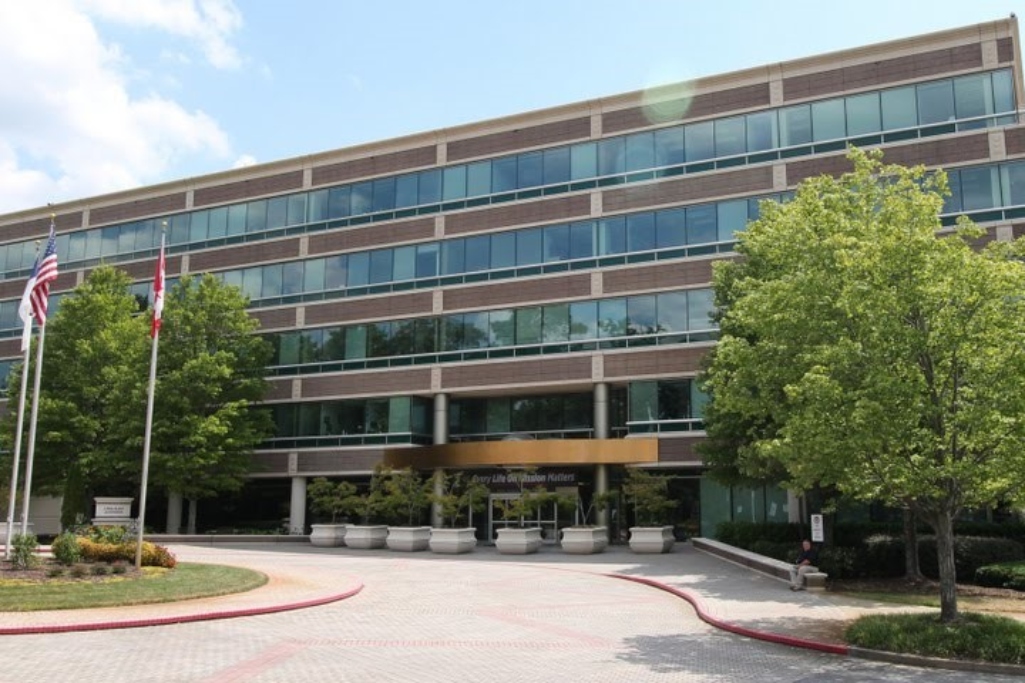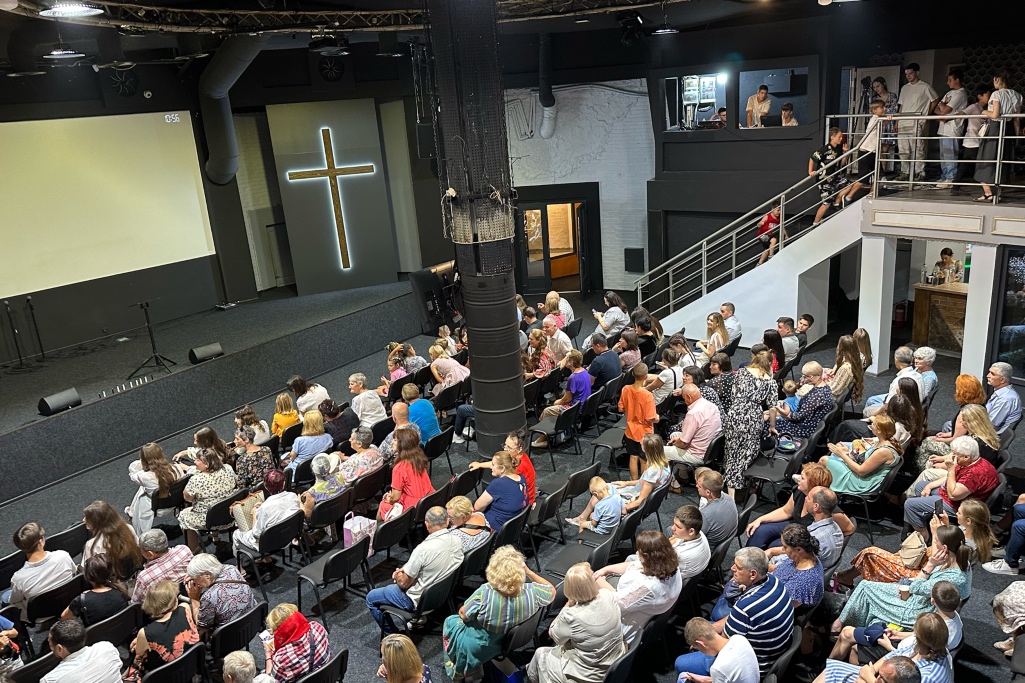
NASHVILLE – The first post-Roe Sanctity of Human Life Sunday arrives with gratitude to God and recognition of how much pro-life work remains and how much it has changed, leaders in the movement said.
On Jan. 22, many Southern Baptist churches will observe Sanctity of Human Life Sunday, the 38th annual observance on the SBC calendar. This time, the day will be celebrated without the shadow of a nationwide abortion regime established by the U.S. Supreme Court’s Roe v. Wade decision on the same date 50 years ago.
The high court reversed the 1973 Roe v. Wade opinion, which resulted in the deaths of more than 60 million preborn children, in June of last year. By their ruling in Dobbs v. Jackson Women’s Health Organization, the justices returned abortion regulation to the states.
For Lisa Hogan, the overruling of Roe came as a surprise, as did some new challenges to the pregnancy resource center she leads.
“It is truly something I never expected would happen in my lifetime,” said Hogan, executive director of Sav-A-Life in Birmingham, Ala., for the last 13 years. “We were as prepared as we could be for the decision. However, we weren’t prepared for what we didn’t know was going to come.”
Sav-A-Life, which operates in three locations and sees more than 8,000 clients a year, continued to perform the ministry it has since its founding in 1980, she told BP in a phone interview.
“We have been serving women and reaching out to them and trying to get them in our center so we can share truth and God’s Word with them” as they are seeking options, Hogan said. “So that part hasn’t changed. What we weren’t fully prepared for is the greater sense of desperation” of women.
In a state that prohibits abortion, women are traveling to other states for the procedure.
“We knew that would be the case, but to see how willing they were to go was a little bit unnerving,” said Hogan, a member of Shades Mountain Baptist Church in Birmingham. “So what it did was change our narrative with women.”
Instead of appealing to women to come to a location to confirm they have a viable pregnancy, Sav-A-Life now tells them, “[W]e hope you will come in so that we can talk about what your options are,” she said.
Sav-A-Life also made changes to help post-abortive women.
“[W]e knew we had to make some accommodations for those women who may have complications and needed somewhere to go” when their personal physicians prefer not to see them because they did not perform the procedures, Hogan said.
“And, of course, the goal there is not only to give them a good screening from a medical professional, but also we may prevent them from having an abortion in the future if they can come in here and be treated with respect and love,” she said.
“And wow, what a joy it has been, and we have been busier than ever.”
Sav-A-Life received an ultrasound machine and staff training in its use last year through a partnership of the Southern Baptist Ethics & Religious Liberty Commission’s (ERLC) Psalm 139 Project and the Alabama Baptist State Board of Missions. The Birmingham Metro Baptist Association and Send Relief – a collaborative effort of the North American Mission Board and International Mission Board – also supported the effort.
Brent Leatherwood, president of the ERLC, reflected on Roe’s reversal while in Washington, D.C., for the annual March for Life Friday (Jan. 20) and a gathering of pro-life leaders.
“It is remarkable to be in our nation’s capital on what would have been the 50-year mark of Roe v. Wade and consider the generational work done by those who have gathered here each year since 1973,” Leatherwood told Baptist Press by email. “Their commitment to the cause of life helped lead to the overturning of Roe. We pause to thank God for the Dobbs decision and the tireless efforts of pro-life advocates that brought us to this moment.
“Yet our work is not over,” he wrote. “In fact, it is as important as ever. Abortion remains legal in many contexts, and we must continue this important work on a state-by-state level to restrict access to abortion.”
Pro-life work must go beyond legislation, Leatherwood said.
“[While] changing laws is critical, the desire for abortion is prevalent in our society,” he said. “So it is imperative that we directly speak to the heart of our culture to cause our leaders and neighbors alike to see the inherent value of every person. In this new post-Roe era, saving lives, serving mothers and supporting families isn’t a mantra that’s solely focused on Washington, but instead on the very neighborhoods where we reside.”
In the nearly seven months since Roe’s demise, pro-life efforts in the states have been mixed. While abortion prohibitions have taken effect in 15 states, voters have dealt setbacks to the pro-life cause in six other states.
It is the beginning of “a turbulent period in American history,” said Catherine Glenn Foster, president of Americans United for Life, after disappointing results in the November elections.
The high court’s return of abortion to the states “means that it will dominate our elections for years to come, and constitutional, federal, and state action will all now be required to clarify once and for all that abortion is incompatible with constitutional justice, with equal justice and the equal protection of the law,” she said in written comments.
Pro-lifers, however, are able to celebrate some consequences of the Dobbs decision, including:
- “Total/near total limits on abortion” have gone into effect in 14 states, according to Susan B. Anthony (SBA) Pro-life America. Those states are Alabama, Arkansas, Georgia, Idaho, Kentucky, Louisiana, Mississippi, Missouri, Oklahoma, South Dakota, Tennessee, Texas, West Virginia and Wisconsin. In addition, Florida has a ban in effect beginning at 15 weeks’ gestation. It is expected about half of the 50 states will enact laws that prohibit abortion either throughout pregnancy or at a stage of pregnancy within a year after Roe’s reversal, according to the Guttmacher Institute, a research and policy organization affiliated with the abortion rights movement.
- Early data from at least one state showed an almost total elimination of abortions. The Texas Health and Human Services Commission reported only three abortions were performed in the state in August, all because of a medical emergency and to preserve the health of a woman. In July, 68 abortions were reported, only one for medical emergency/health reasons. In contrast, 2,595 were performed in June, and just one was for emergency/health reasons.
- Many abortion clinics have closed or quit offering the procedure. Sixty-six abortion clinics in 15 states have stopped performing abortions as of Oct. 2, the 100th day after the decision, Guttmacher reported. No clinics are offering abortions in 14 of the 15 states, according to the report.
The pro-life movement has faced various challenges in the initial months of a post-Roe America. President Biden and his administration have instituted numerous policies intended to offset Roe’s reversal. Some states with expansive abortion rights have welcomed their roles as destinations for women seeking abortions who live where the procedure is prohibited. The abortion pill, which already is the method used in a majority of cases in this country, has become a more inviting option despite its risks.
Nine days before the Supreme Court’s ruling in June, SBC messengers continued a more-than-four-decade-old pattern of pro-life resolutions by urging the justices to overturn Roe and encouraging states to enact pro-life policies.
(EDITOR’S NOTE – Tom Strode is Washington bureau chief for Baptist Press.)


